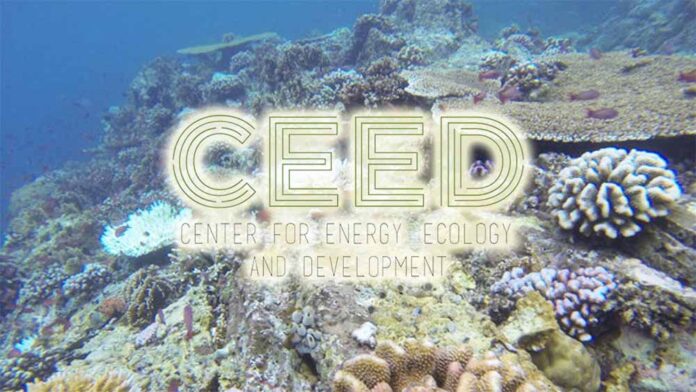THE Center for Energy, Ecology, and Development (CEED) on Monday (Nov. 4) called on the Philippine government to hasten the country’s transition away from fossil fuels and to strengthen measures to protect marine and coastal environments from pollution.
The call was made after the onslaught of Severe Tropical Storm (STS) Kristine triggered two coal spills in Sorsogon and Zambales.
“After hundreds of thousands of liters of oil spilled in the Verde Island Passage last year and in Manila Bay earlier this year, we’re now seeing these disastrous coal barge accidents. All of them came about from severe weather events. They are a terrible yet stark reminder that fossil fuel projects are dirty, deadly, and costly in more ways than one – triggering worse climate disasters and directly polluting the environments and communities that host them,” said Gerry Arances, Executive Director of CEED.
The coal barge that overturned in Sorsogon during the onslaught of STS Kristine has reportedly resulted in significant environmental damage, including fish kills and the destruction of marine ecosystems and livelihoods. A coastal community in Brgy. Bucalbucalan in Sorsogon City raised alarm over the darkening of the coast due to the alleged soaking of the barge’s coal.
Meanwhile, local fisherfolks of Zambales feared that marine life and their livelihoods were endangered because of the grounded barge case also by STS Kristine. Carrying 11,000 metric tons of coal, the barge poses serious threats to the Masinloc-Oyon Bay Protected Seascape and Landscape, Central Luzon’s first marine protected area and regarded as one of the country’s most important locations for marine biodiversity.
“Coal and other fossil fuels are not only a major contributor to climate change, they also pose significant threats to our communities and environment. As the climate crisis worsens, a repeat of these tragic incidents will always be possible for the climate-vulnerable Philippines. It’s high time for the government to rethink its expansion plans for coal and all other fossil fuels and prioritize a swift and just transition to renewable energy instead,” said Arances.
“At the same time, the government must prioritize the implementation of more stringent protection for the ecosystems that sustain many Filipinos, yet continue to be threatened by fossil fuels and other risks. Increasing restrictions against toxic pollution and ensuring that fisherfolk and coastal communities are empowered to be at the forefront of managing and protecting their marine and coastal environments should be the way forward,” he added.


